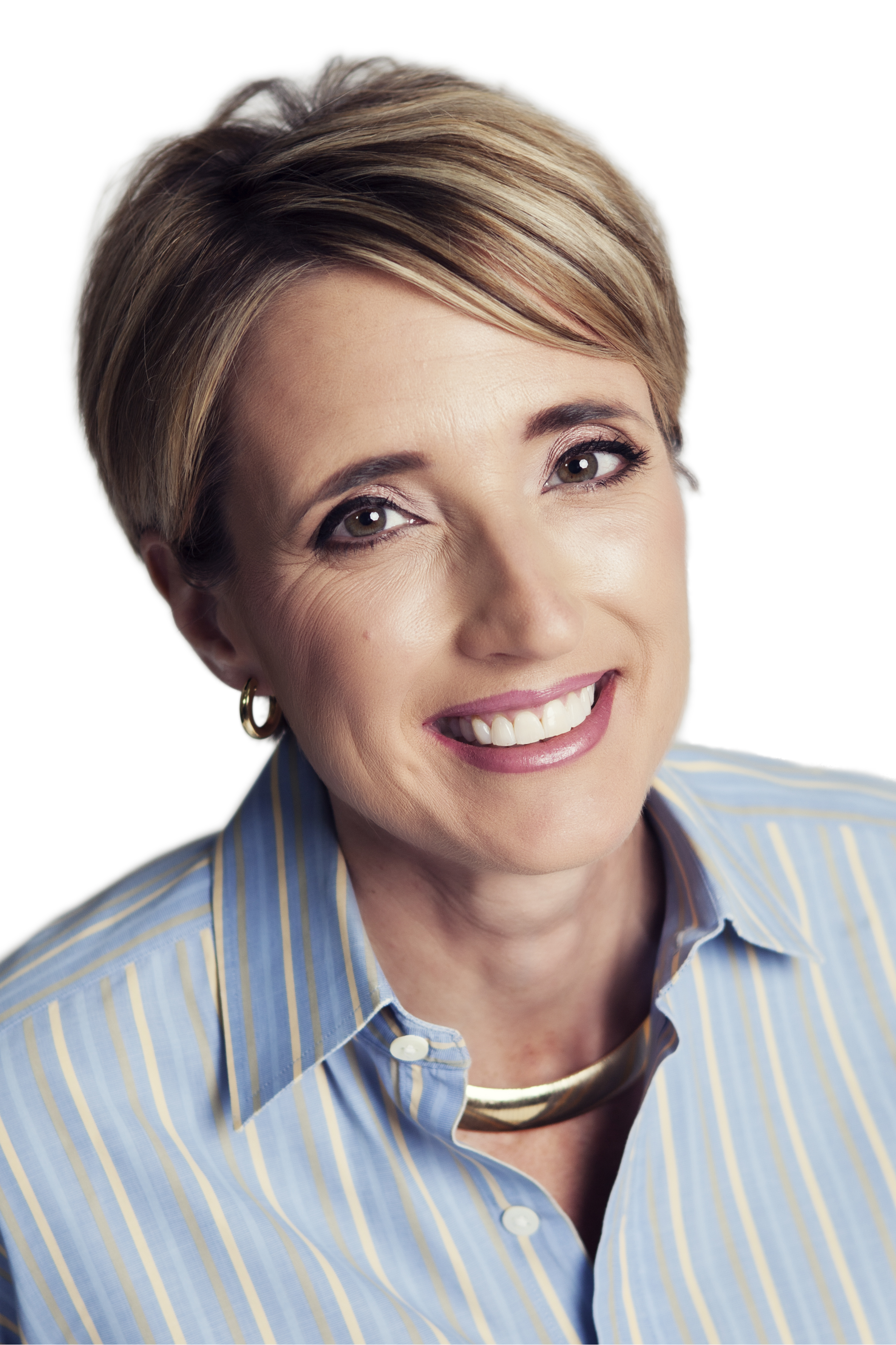30 June, 2015
ETNO ThinkDigital Blog Post - Sweden vs. Slovenia: What we can learn from hard and soft approaches to net neutrality
Roslyn Layton on Net Neutrality: “Soft rules are associated with higher telecom infrastructure investment - hard rules are overkill” #ThinkDigital
 Earlier today the European Commission announced an agreement on net neutrality to take effect across the 28 member states on April 30 next year. The rules are subject to formal approval by the EU Parliament, Commission, and the Council of Ministers. While the Commission suggests that its rules are “the strongest and most comprehensive open Internet rules in the world”, a review of net neutrality rules around the world not only demonstrates different approaches, but that soft measures for net neutrality appear to be more effective than hard ones.
Earlier today the European Commission announced an agreement on net neutrality to take effect across the 28 member states on April 30 next year. The rules are subject to formal approval by the EU Parliament, Commission, and the Council of Ministers. While the Commission suggests that its rules are “the strongest and most comprehensive open Internet rules in the world”, a review of net neutrality rules around the world not only demonstrates different approaches, but that soft measures for net neutrality appear to be more effective than hard ones.
Seven countries have made net neutrality rules through Parliament. This is usually done by updating the country’s communications laws and clarifying the authority of the telecom regulator. While prohibitions against blocking and throttling of Internet traffic are common, countries have added other requirements as they see fit, including parental controls, virus protection, user-requested blocking, privacy and network security provisions, and requirements to notify users before taking action on congestion. There is significant variation and idiosyncrasy in how rules are conceived, promulgated, implemented, and enforced across countries.
In the US, the Federal Communications Commission (FCC) has crafted hard net neutrality rules out of telecom regulation. This is a risky approach for telecom regulators as it can bring legal challenges. Indeed the FCC, now in its third time in court for net neutrality, faces nine lawsuits, from both large and small telecom providers, trade associations, and entrepreneurs. This tactic also brought a lawsuit against the Chilean regulator, which was ultimately resolved by legislative action by Chilean Congress to clarify the issue and vest the proper authority within the telecom regulator.
Eight countries use soft measures to address net neutrality. This approach comprises multi-stakeholder models, co-regulation, and codes of conduct. Provisions vary across countries with soft rules, but from a consumer perspective, countries with soft rules put a greater emphasis on users’ freedoms and measurement of network quality. Countries that implement legislation and regulation focus instead on what operators could do wrong and emphasise defining, finding and punishing violations.
Both hard and soft approaches suggest the regulator should do some kind of monitoring and reporting of traffic management practices, but the choice of hard or soft approach means two different day to day worlds for telecom regulators. Soft approaches allow regulators to conduct a dialogue with stakeholders, in many cases creating a constructive path to achieve shared goals, whether increased investment, transparency, universal service and so on. Hard approaches, on the other hand, can create adversarial environments where regulators must find problems and mete punishment. To be sure, litigation is costly for regulators, just as it is for plaintiffs.
Two European countries illustrate the difference in hard and soft approaches. Slovenia implemented a hard net neutrality law in 2012. Two years after rules were made, the Slovenian telecom regulator (AKOS) abruptly pronounced zero rating a violation of net neutrality. Zero rating, a business model designed to lower subscription prices by not charging the consumption of mobile data and to otherwise compete with different service offerings, had existed in Slovenia since at least 2007 and had become a common practice among mobile operators. Consumers could choose from a number of zero rating programs, including free access to music, online storage, and customer service applications.
In early 2015 AKOS issued rulings against operators Telekom Slovenije, Si.mobil, Tušmobil, and Amis. No evidence of consumer harm was noted in the decision. A copy of the complaint is not publicly available, and AKOS did not reply to a request for a copy1. It appears that the complaint was initiated in July 2014 by the the Electronic Communications Council of Slovenia (SEK), an independent body appointed by the Slovenian National Assembly. In a blog on his personal website entitled "Another win for net neutrality advocates in Slovenia", Dusan Caf, the head of SEK, praises the regulator’s decision and takes credit for SEK’s filing the complaint.
In contrast to the EU Commission’s goal of promoting European platforms and content, AKOS’s ban on zero rating actually reduced traffic to certain local content by half, while operators’ call-centers saw a five-fold increase. Consumers can no longer use zero-rated services to inquire on technical issues, pay their bills, or top up their account balance. It is interesting that AKOS should be so zealous in banning zero rating, especially in light of BEREC’s recent report showing that consumers value zero rating products. The updated EU Digital Agenda Scorecard notes that the Slovenian Competition Authority received the same complaint from SEK, but issued a different ruling, that outright bans on zero rated services would harm, not benefit consumers. Moreover the Competition Authority concluded that a decision about the legality of a service should be based on evidence of what consumers experience. Slovenian operators are appealing the regulatory decision and note that zero rating does not amount to the blocking or slowing of Internet traffic prohibited under the Slovenian net neutrality law, nor does it restrict users’ freedom. In any event, AKOS’ ruling on zero rating may be overturned by the forthcoming EU net neutrality regime which allows zero rating because it will “promote a wider variety of offers for price-sensitive users, give them interesting deals, and encourage them to use digital services.”
Sweden was a first-mover in net neutrality, establishing net neutrality guidelines in 2009. After an extensive review of the telecommunications market, the Swedish telecom regulator (PTS) declared that Sweden did not have an Internet access problem that warranted legislative or regulatory action. From PTS’s perspective, net neutrality is about ensuring transparency in pricing, service offerings, network quality, as well as upstream and downstream capacity so that consumers are clear in what they purchase and can easily switch providers. PTS claims its consumer-centric, light-touch approach is successful and has improved operating norms so much that adopting the proposed EU parliamentary solution would be a step backward. Sweden is a rare instance where a thorough review of the market and alleged harmful practices was actually conducted before net neutrality rulemaking. In most countries, net neutrality rules are promulgated without a published investigation or official report of the violations in the marketplace. Moreover net neutrality rulemaking is generally undertaken without a regulatory impact assessment, the standard methodology for even the most mundane regulatory decisions.
Hard and soft approaches to net neutrality have benefits and costs. The hard approach provides clarity and legitimacy, but simultaneously creates pressure on policymakers to find violations, even if it means deeming consumer-friendly applications illegal. Soft measures may have less legality on paper, but in practice have been shown to encourage desirable behaviours. Soft rules are also associated with higher telecom infrastructure investment. Preliminary panel data analysis of thirty countries segmented for their types of legal instruments for net neutrality show that there is a positive and robust correlation between the presence of soft rules and capital expenditure on telecom infrastructure. For countries with hard rules, there is no relationship to higher infrastructure investment. Put another way, hard rules are overkill. It appears that soft rules are sufficient to create the appropriate incentives for operators to do the right thing (carrot) with the appropriate threat of discipline for bad behaviour (stick).
This research is done as part of a project to test the FCC’s virtuous circle, a theory proffering that net neutrality drives third party innovation, increased data traffic, and thereby telecom investment. However the analysis suggests that the FCC’s new policy to deliver hard net neutrality rules and regulate the Internet under the heavy-handed Title II telephone utility framework will have the opposite effect. For the last decade the FCC has promoted a light touch telecom regulatory framework, and the US has enjoyed a quarter of the world’s investment in telecom infrastructure investment while the EU plummeted from accounting from one-third of the world’s telecom investment to less than one-fifth today.
Soft approaches to rulemaking are appropriate especially with emerging technologies and systems. Indeed the Internet itself is largely managed through a variety of multi-stakeholder processes, so it is fitting that net neutrality issues would be addressed in the same way. Successful regulation is “built on an intellectual consensus about the existence of a clearly identified and sizeable market failure,” noted 2014 Nobel Laureate in Economics Jean Tirole who will address ETNO in October.
Not only have EU authorities failed to find sizeable market failure that would necessitate hard net neutrality, there is no intellectual consensus on the policy. Of the few hundred academic articles on the topic, at least half of the cited articles conclude ambiguous, if not negative, outcomes for the policy. Many leading academics describe flexible pricing, differentiation, and quality of service in Internet markets as welfare-enhancing for consumers. This is not necessarily to say that net neutrality is a bad policy; it just suggests that more research is needed. In the meantime, it is prudent to manage net neutrality with soft measures.
By Roslyn Layton, for ETNO #ThinkDigital, 30.06.2015
***
This article is an excerpt from Strand Consult’s report "Understanding Net Neutrality and Stakeholders Arguments" and a forthcoming research paper - "Net Neutrality: The Trojan Horse of Internet Regulation" published by the Center for Internet, Communication, and Technology Policy at the American Enterprise Institute Washington, DC.
Biography
Roslyn Layton is PhD Fellow at the Center for Communication, Media and Information Studies at Aalborg University in Copenhagen, Denmark. She is also a Vice President at Strand Consult. Her research project is an empirical investigation of net neutrality policy in twenty countries and is conducted under Denmark’s Innovation Fund.
1. AKOS has since replied to the request for a copy of the complaint from SEK.



